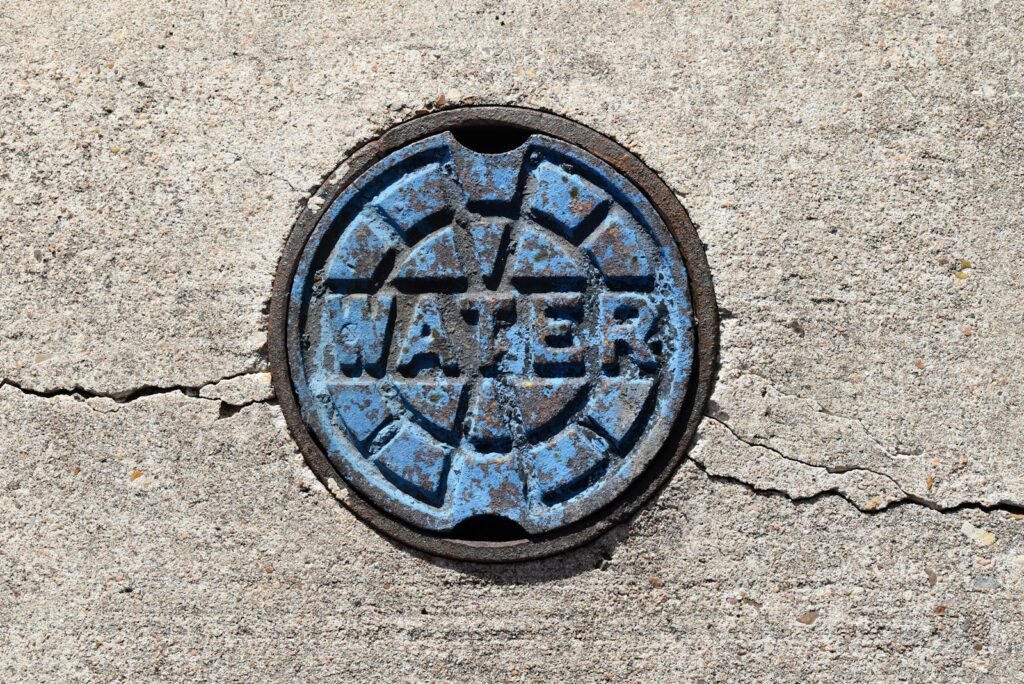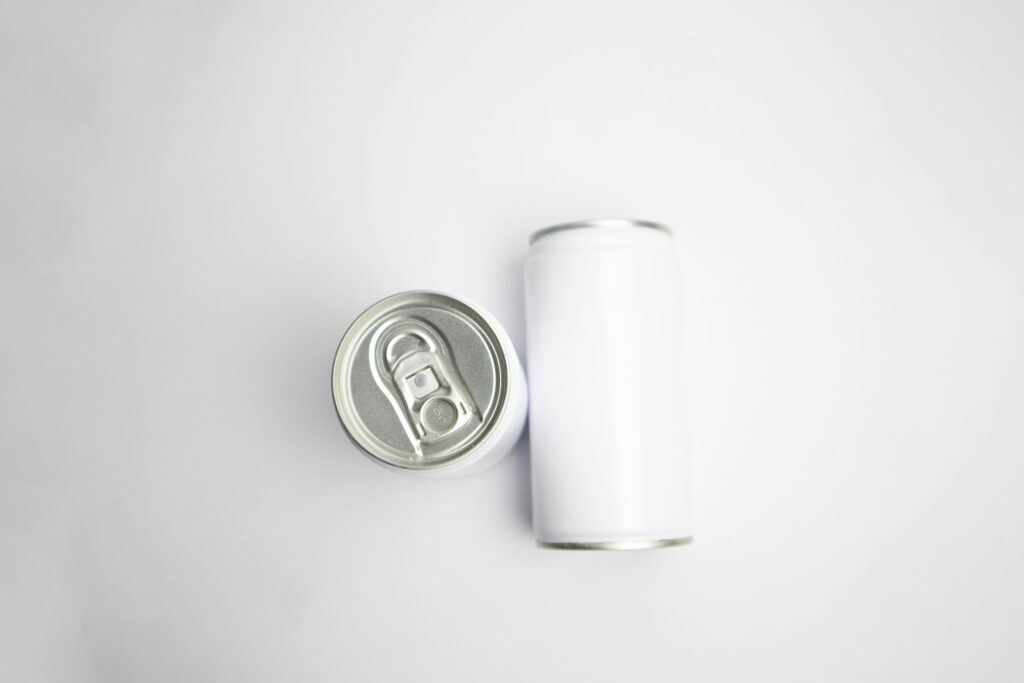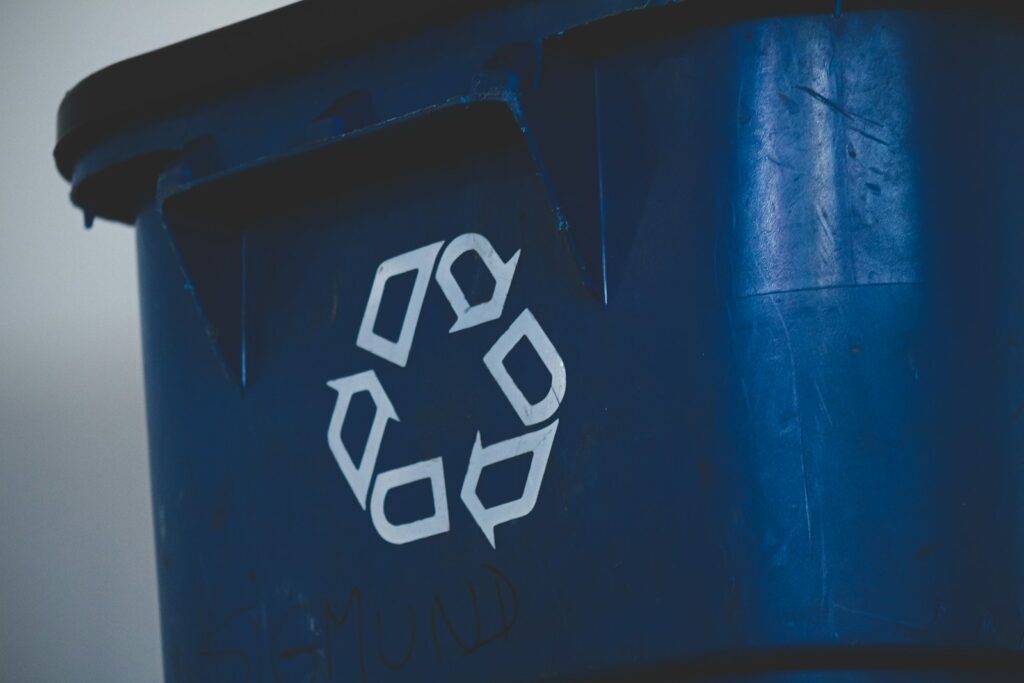The study, conducted by energy suppliers OVO energy, surveyed British shoppers to establish the UK’s average grocery shopping basket.
OVO invited 2000 shoppers to input the plastic packaging they bought during one week into a calculator which added up its weight.
It found the amount of plastic in an average UK household weekly shop is 2kg.
Shoppers were also asked about their grocery habits and attitudes to plastic waste.
Although three-quarters claim to be passionate about reducing the plastic footprint of their weekly shopping, only a third would be willing to travel further to go to a different shop that used less plastic packaging.
The survey also revealed that the majority of UK shoppers think that responsibility for cutting down plastic footprints lies with retailers rather than consumers.
Two-thirds of respondents to OVO’s survey said that supermarkets should be doing more to help reduce plastic waste in weekly shops by limiting packaging and using more recyclable material.
You can use Ovo’s calculator here.
Jess North, volunteer at OVO Gives Back, commented: ‘We’re excited to launch the OVO calculator, so shoppers can see their own plastic footprint. Here at OVO we’ve been working with charities, such as City to Sea, that help to stop plastic pollution at the source.
‘At our most recent volunteering event we managed to sign up 31 refill sites across Bristol, which could potentially save 11,315 plastic bottles a year, inspiring people to live a life with less plastic.’
Joanna Ruxton, co-founder of the Plastic Oceans Foundation, also commented on the findings: ‘Plastic has reached every corner of the oceans, from the surface to the deepest trenches. Plastic becomes brittle over time, especially in sea water, and it breaks up into ever-smaller pieces – but it never disappears.
‘It’s entering the food chain at the very earliest phase, and the chemicals from this plastic are linked to cancer, autoimmune disease, cognitive and behavioural disorders, infertility and endocrine disruption.
‘Large pieces can entangle marine creatures and block their digestive systems.’
















